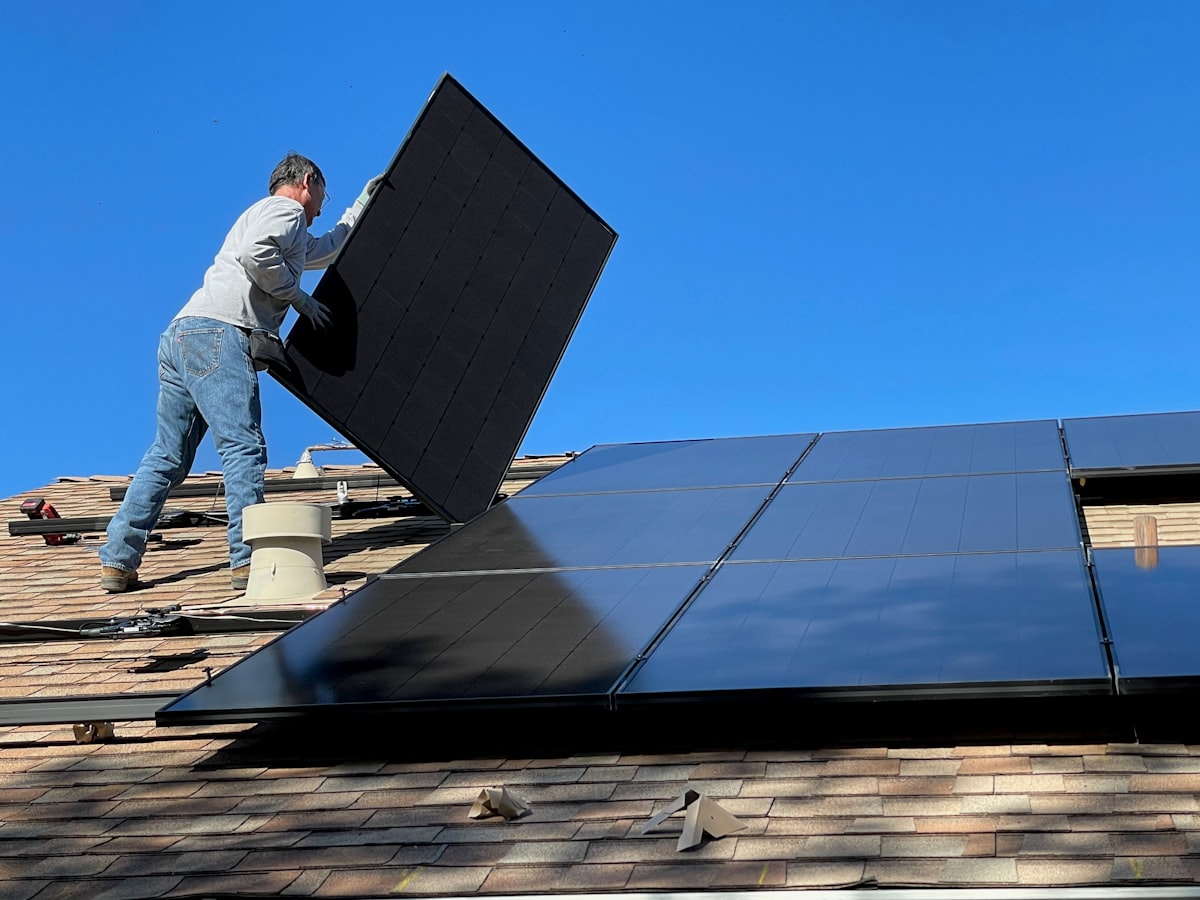Clean Energy Loans Can Be a Trap for Homeowners
"Low-cost loans" may become a permanent part of your property tax payment.

They sound tempting – those ads for solar panels and other energy-saving home improvements that will supposedly cost homeowners next to nothing, thanks to government grants, rebates and low-cost loans.
Some of these offers are legitimate but many are traps for the unwary homeowner, and the Consumer Financial Protection Bureau (CFPB) wants to regulate them more tightly.
The deals in question are called Property Assessed Clean Energy (PACE) loans and they are by a property tax lien on the borrower’s home. The biggest problem with them is that if you fall behind on payments, you can lose your home. A study by the CFPB found that the loans can cause an increase in borrowers falling behind on their mortgage payments, along with other negative credit outcomes.
“When unscrupulous companies bait homeowners into unaffordable loans with exaggerated promises of energy bill savings, this can lead to serious financial distress,” said CFPB Director Rohit Chopra. “We are proposing new rules that would require sensible safeguards on these clean energy loans.”
The U.S. Energy Department, on the other hand, speaks rather glowingly of the program. "The property assessed clean energy (PACE) model is an innovative mechanism for financing energy efficiency and renewable energy improvements on private property," the DOE says on its website. As of 2019, over 200,000 homeowners have made $5 billion in energy efficiency and other improvements to their homes through PACE financing, according to the department.
Paid through property tax increases
What homeowners often don't fully realize is that PACE loans are paid back through increased property tax payments over time. Eligible upgrades can include energy and water efficiency projects, or projects to prepare homes for natural disasters.
From 2014-2020, a majority of PACE loans were for home improvements for natural disaster preparedness. The obligation of paying the loan back through higher property tax payments remains with the property even if the borrower sells the property. Although PACE lending is authorized by local governments, private companies typically administer the programs, which can include marketing of the loans, managing originations, and making the lending decisions.
In October 2022, the FTC and State of California sued one of these private PACE administrators, Ygrene Energy Fund Inc., to force it to stop deceptive, coercive, and fraudulent sales practices.
The CFPB's proposed rule would require lenders to assess a borrower’s ability to repay a PACE loan and would provide a framework for how these loans will be treated under the Truth in Lending Act.
Today’s proposed rule comes five years after President Trump signed the Economic Growth, Regulatory Relief, and Consumer Protection Act of 2018, which directed the CFPB to prescribe ability-to-repay rules for PACE financing and to apply the civil liability provisions of the Truth in Lending Act for violations.
Among other amendments, the proposed rule would adjust disclosure requirements and to help consumers understand the loans’ impact on their property tax payments.
Public comments on the proposal are due by July 26, 2023, or 30 days after publication in the Federal Register, whichever is later.
